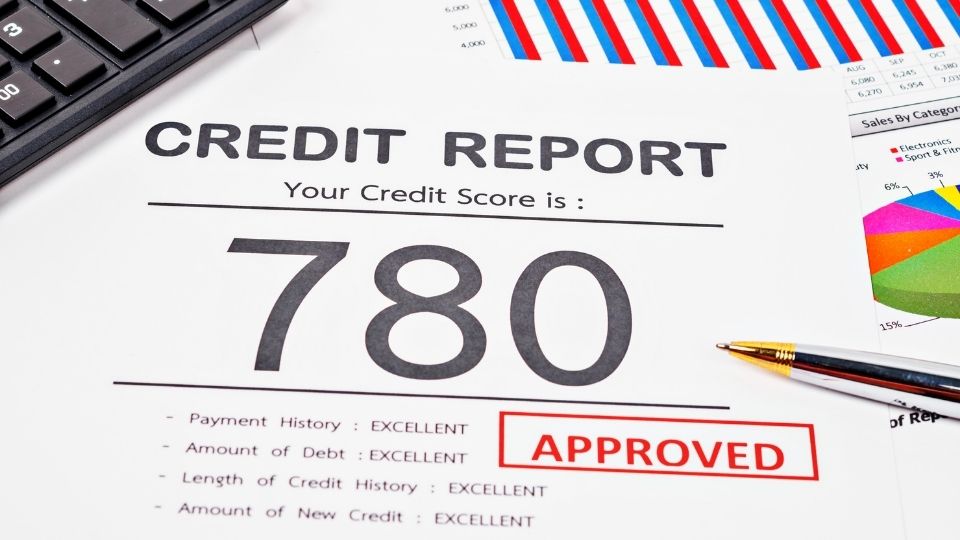7 Tips For Starting A Business On A Tight Budget In New Zealand

Starting a business can be an exciting and daunting prospect, especially if you’re working with a tight budget. While it may seem challenging to start a business without a lot of capital, it’s not impossible. With the right strategies and tips, you can start your business on a tight budget and still achieve success.
In this post, we will share 7 essential tips and strategies for starting a business on a tight budget in New Zealand, and what to do when the bank says no.
Start with a Solid Business Plan
Before you can start a business, you need to determine your business model. This means deciding what type of business you want to start and how you will make money. You can do this by conducting market research, assessing your skills and interests, and analyzing the competition. Once you have a solid business model in mind, you can start to plan out the next steps.
A solid business plan is the foundation of any successful business. It provides a roadmap for your business and outlines your goals, strategies, and financial projections. A well-written business plan can also help you secure funding from investors or lenders. Take the time to research your market, identify your target audience, and determine your unique selling proposition (USP). Your business plan should be detailed and specific, outlining every aspect of your business.
Bootstrap Your Business
When starting a business on a tight budget, it’s important to be resourceful and creative. One way to do this is to bootstrap your business. This means using your existing resources, such as your personal savings, credit cards, or borrowing from friends and family, to finance your business. It may not be ideal, but it can be a practical way to get your business off the ground.
One of the biggest challenges of starting a business on a tight budget is keeping your costs low. It’s essential to cut expenses where you can without sacrificing quality. For example, you can start with a home-based business to avoid the costs of renting office space. You can also consider using free or low-cost software, outsourcing certain tasks, and negotiating with vendors for better prices. It may also be wise to start your business while you still have regular income from a part-time job. Most businesses fail due to running out of cash, so protect your cash flow at all costs.
Leverage Free Marketing Channels
Marketing your business can be expensive, but there are plenty of free marketing channels you can use to reach your target audience. These include social media, email marketing, content marketing, and search engine optimization (SEO). By leveraging these channels effectively, you can build brand awareness, generate leads, and drive sales without spending a lot of money.
Networking can also be an excellent way to grow your business, especially if you’re working with a tight budget. Reach out to friends, family, and colleagues who may be interested in your product or service. You can also attend industry events, join online groups, and participate in social media conversations to expand your network.
Focus & Focus on Generating Revenue Early.
Generating revenue early on is critical when starting a business on a tight budget. This means identifying your most profitable products or services and focusing on them first. You should also be strategic about pricing, offering discounts and promotions to attract new customers. The key is to get your business generating revenue as quickly as possible.
Start Small and Grow! Instead of trying to do everything at once, focus on one or two products or services and build from there. This approach will help you stay focused, conserve your resources, and avoid overextending yourself.
Prioritise Essential Expenses
When starting a business on a tight budget, it’s important to prioritize essential expenses. This means spending money only on the things you absolutely need to get your business up and running. Essential expenses may include rent, utilities, equipment, and inventory. Non-essential expenses, such as fancy office furniture or expensive marketing campaigns, can wait until your business is more established.
Consider Alternative Funding Sources
If you need additional funding to start your business, consider alternative funding sources. These may include crowdfunding, angel investors, or peer-to-peer lending or of course, Crester Credit for business loans. There are also several government grants and subsidies available for entrepreneurs in New Zealand. It’s important to do your research and identify the funding options that best suit your business.
Don’t Give Up When the Bank Says No
If you’ve been turned down for a bank loan, don’t give up. There are other funding options available, and it’s important to explore all of them. Consider talking to other lenders, such as credit unions or online lenders. You can also look into alternative financing options, such as invoice financing or equipment financing. With persistence and determination, you can find the funding you need to start your business.
In conclusion, starting a business on a tight budget requires resourcefulness, creativity, and a solid plan. By following these essential tips and strategies, you can start your business on the right foot and set yourself up for success. Remember to focus on generating revenue early on, prioritize essential expenses, and be persistent in your pursuit of funding. With hard work and dedication, you can turn your business dreams into a reality.
Resources:
- Business.govt.nz – Starting a business
- New Zealand Trade and Enterprise – How to start a business in New Zealand
- Inland Revenue – Starting a business
- Ministry of Business, Innovation and Employment – Business finance and support
- Creative HQ – Funding options for startups and small businesses in New Zealand
by Ash Horton
April 4, 2023
Ash is a professional content writer with extensive experience in business development in the financial services. Ash has founded businesses from the age of 19, including franchising ventures, and working alongside some of the largest retailers in the world.









